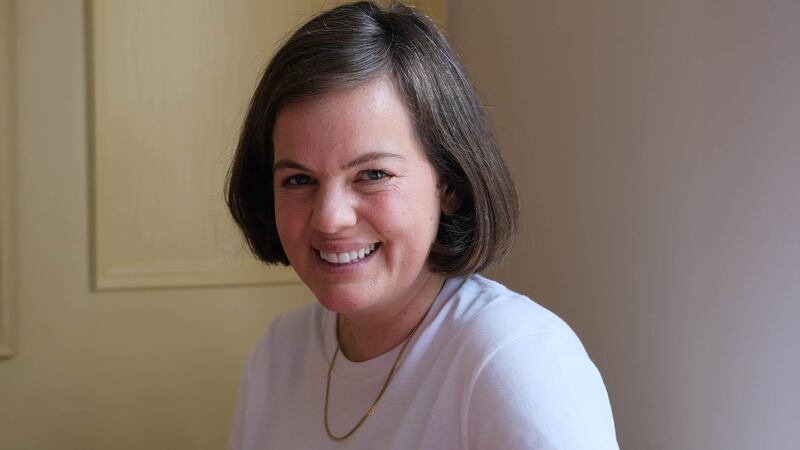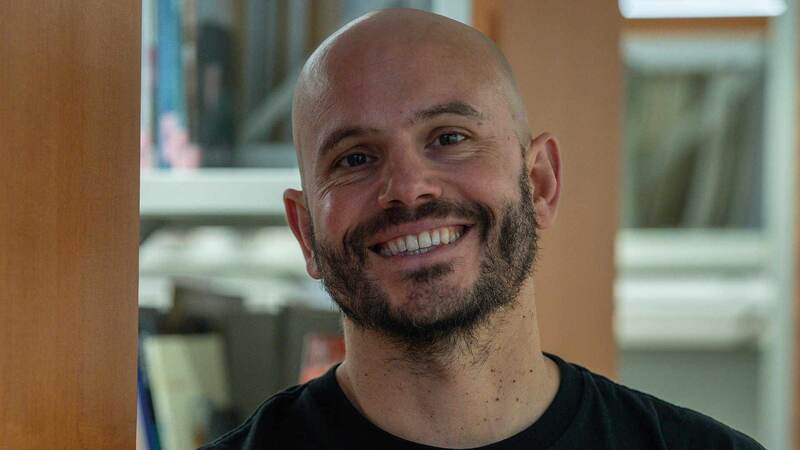You are viewing your 1 free article this month. Login to read more articles.
Equal billing given to novels and non-fiction on Rathbones Folio Prize shortlist
Four works of non-fiction, including Hisham Matar's award-winning biography The Return (Viking), have been shortlisted for the £20,000 Rathbones Folio Prize, in the first year it has been open to the best work of literature "regardless of form".
The prize - which announced in October 2016 it was extending its remit to include all literature "regardless of genre"- revealed its finalists at a reception at Rathbones on Thursday evening (6th April). The shortlist was whittled down from a list of 62 titles nominated by the Folio Academy by judges Ahdaf Soueif (chair), Lucy Hughes-Hallett and Rachel Holmes, who arrived at a 50/50 split between novels and non-fiction on the eight-strong shortlist.
Matar won the Slightly Foxed Best First Biography Prize last year for his memoir, The Return, chronicling his journey home to his native Libya two decades after his father vanished under Colonel Gaddafi's regime. It was also shortlisted for 2016's Baillie Gifford Prize for Non-Fiction. His book is joined on the shortlist by three other non-fiction entries: The Vanishing Man by art critic Laura Cumming (Chatto & Windus), a book part art history which is also part mystery, which was longlisted for 2016's Bailie Gifford Prize; a "genre-bending" memoir The Argonauts by American Maggie Nelson (Melville House); and Burning Country: Syrians in Revolution & War by Robin Yassin-Kassab and Leila Al-Shami (Pluto Press), reflecting on five years of struggle in Syria.
In fiction, Costa first novel award-winner Francis Spufford's historical novel Golden Hill has been named on the shortlist, as well as two books currently in the running for the Baileys Women's Fiction Prize: Kentucky epic The Sport of Kings by American C E Morgan (4th Estate) and Do Not Say We Have Nothing by Canadian novelist Madeleine Thien (Granta Books), which was also shortlisted for 2016's Man Booker Prize. Fantasy novella This Census-Taker by English author and activist China Miéville (Picador), who has won the Arthur C Clarke Award three times, has also made the cut.
The Folio's new, broader remit is intended to mark it out from other prizes such as the Man Booker, Baileys and Baillie Gifford. When it first launched in 2013, the Folio was the only big UK literary prize open to English-language books by authors of any nationality. However, the Man Booker then expanded its own eligibility criteria shortly afterwards. Of the nine writers, three are English, two are British-Syrian, two are American; one Canadian, and another Libyan.
The prize was suspended for a year, in 2016, after coming to the end of its two-year sponsorship by The Folio Society. It is now sponsored by Rathbone Investment Management in the three year deal. The prize money has been halved from £40.000 to £20.000, but there are now other initiatives associated with it, such as a writers' mentorship scheme with the charity First Story and a series of literary workshops under the name Rathbones Folio Sessions.
This year's varied shortlist comprises books by five women and four men in total from the stables of eight different imprints.
The judges commented: "The Academy put forward such an interesting list for the Rathbones Folio Prize this year. It was wonderful to discover so many books we may not otherwise have read and new authors to look out for. We're delighted to have worked with a prize that rewards exceptionally good writing in novels and non-fiction alike, and honours and showcases brilliantly innovative, uncategorisable books. In total, we read 62 books and were surprised, educated and enthralled. In our eight book shortlist readers will find top-notch literary art, entertainment, reflection. It's a list that demonstrates the variety of ways in which excellent writing engages with our world and the lives we must live in it."
The winner will be announced at an awards ceremony on 24th May at the British Library, with an additional event for the public and shortlisted authors due to take place the evening before (23rd May).


















